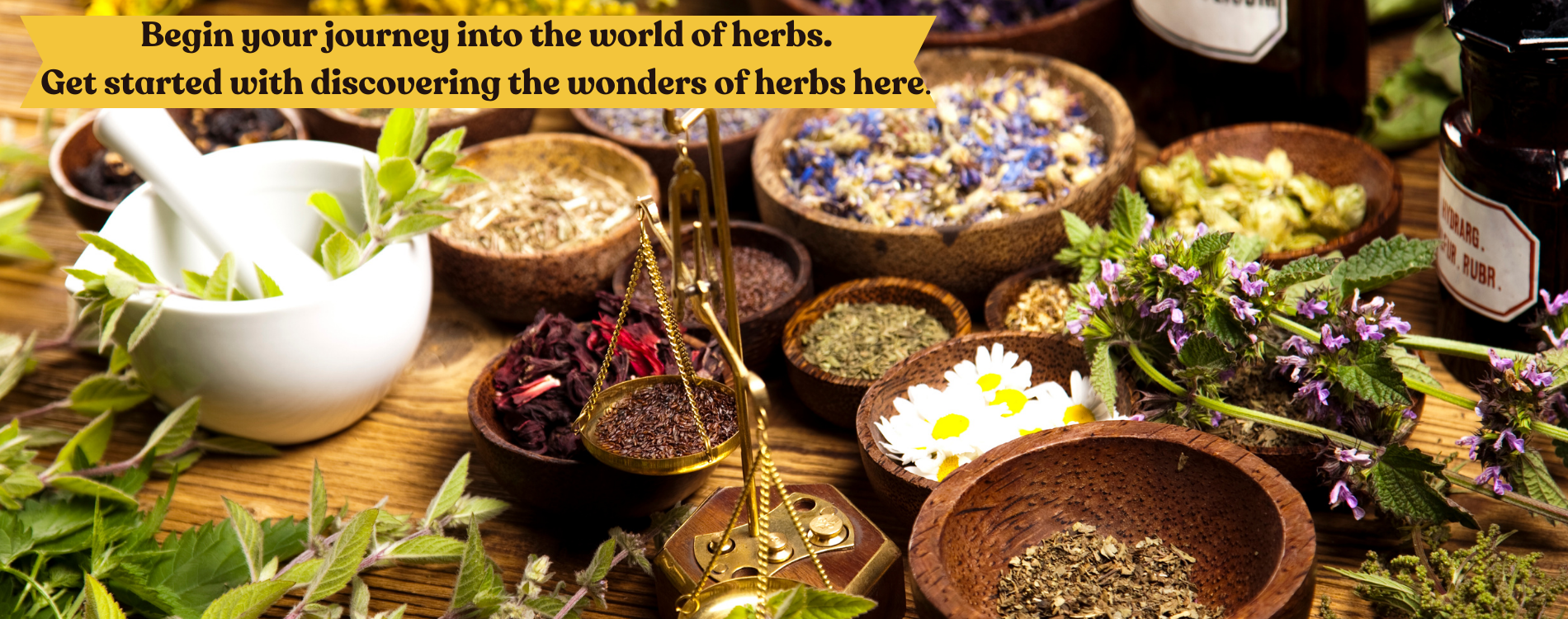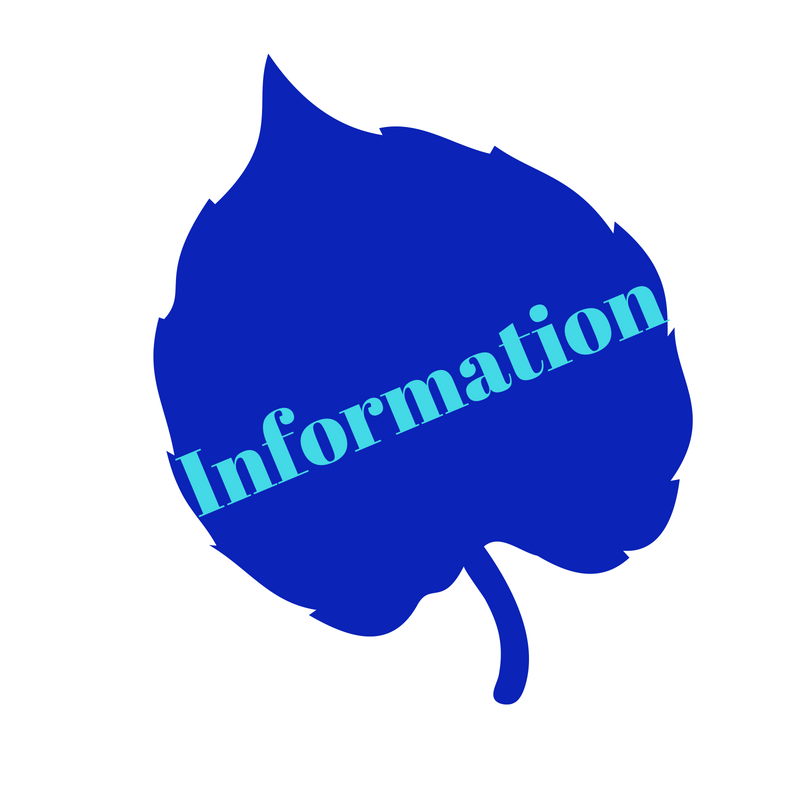
Interested in learning the fundamentals of herbs? Explore our curated collection covering the science and common queries beginners encounter when delving into the world of herbs. Click on each topic for detailed insights.
|
The Delights of Drinking Tea: Exploring Flavors, Health Benefits, and Rituals Discover the intricate and fascinating world of herbs with our comprehensive guide. Explore the different ways to store herbs, learn which parts of the plants are commonly used, and gain insight into the beginner's guide of herb usage. Furthermore, understand the significance of selecting high-quality herbs for optimal results. |
|
Understanding the Distinction: Herb Powders vs. Herbal Extract Powders Herb powders are created by grinding dried herbs into a fine powder, while extracts involve using |
|
Enhancing Accessibility: Common Names of Herbs Reference Chart List of Common Names and Herb Chart |
|
Unlocking the Advantages: Why Making Your Own Capsules is Beneficial Unlock the benefits of making your own capsules! With this method, you'll enjoy numerous |
| Explore Our Diverse Array of Herbal Forms Herbal forms such as powder, whole, cut, extracts, teapills |
|
A Comprehensive Guide to Different Parts of Plants Here's a comprehensive guide to the different parts of a plant |
|
A Beginner's Guide to Incorporating Herbs into Your Routing How can I start using herbs? |
|
Unlocking the Full Potential of Bulk Herbs: Maximizing Effectiveness and Utility Saving money with bulk herbs |
|
Enhancing Tea's Flavor: Tips to Elevate Your Tea-Tasting Experience The world of teas is an adventure for your senses |
Chinese medicine has a long history dating back to at least 200 BCE. It is based on the concept of qi (pronounced “chee”), which is the vital energy that flows through the body. Chinese medicine sees the body as a whole system in which all parts are interconnected and must be in balance for good health.
One of the most important works in the history of Chinese medicine is the Huangdi Neijing (Yellow Emperor’s Inner Classic), which is believed to have been written around 200 BCE. This text covers a wide range of topics, including acupuncture, herbal medicine, and diet therapy.
Acupuncture, which involves the insertion of fine needles into specific points on the body, is one of the most well-known aspects of Chinese medicine. It is believed to balance the flow of qi in the body and has been used to treat a wide range of conditions, from pain and digestive disorders to infertility and depression.
Herbal medicine is another important component of Chinese medicine. Chinese herbalists use a vast array of plants, minerals, and animal products to create complex formulas tailored to the specific needs of each patient.
Other techniques used in Chinese medicine include cupping (the use of suction cups to stimulate circulation), moxibustion (the burning of a herb called mugwort to stimulate acupuncture points), and massage (known as tui na).
Today, Chinese medicine is practiced all over the world and is recognized as a complementary and alternative form of medicine. It is often used in conjunction with Western medicine to provide a more holistic approach to health care.


